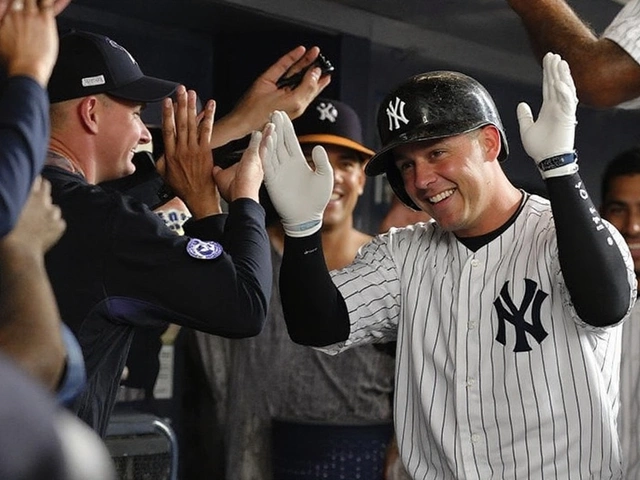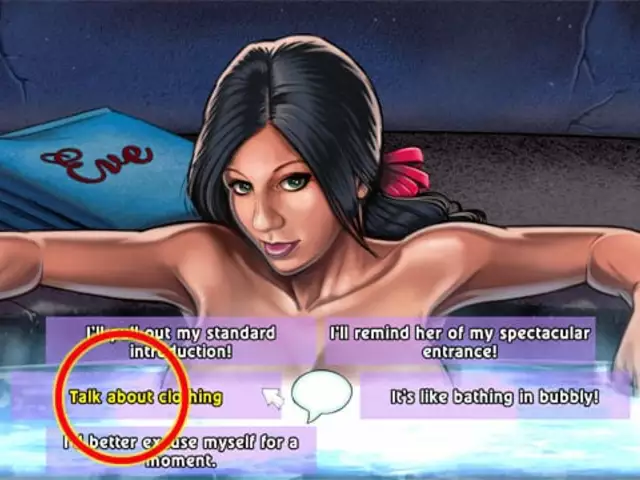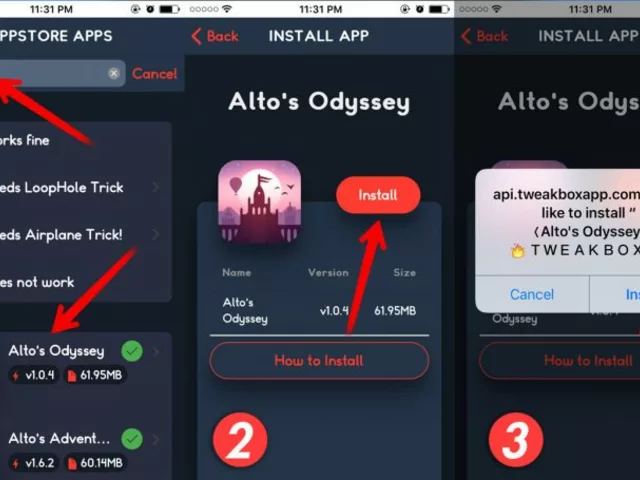What we know so far
A civil complaint has been filed by stunt performer Devyn LaBella connected to the filming of Horizon: An American Saga – Chapter 2. The filing alleges that during production, a scene shifted into an unplanned depiction of sexual assault that LaBella says went beyond the boundaries she agreed to. The suit names Kevin Costner and other production figures. These are allegations in a civil case; they have not been tested in court.
There’s a TMZ headline circulating online that mentions graphic details and a claim tied to a specific moment on set. We couldn’t access or independently verify that article, and the materials we reviewed don’t include those particulars. Because of that, we’re not repeating the specifics from that headline. This piece focuses on what can be stated from available public reports about the Kevin Costner lawsuit and the broader context around on‑set safety standards.
From what’s publicly described, LaBella says proper safeguards were not followed when the scene changed. In film and TV, those safeguards usually include a clearly scripted scene, an intimacy coordinator, closed-set rules, consent agreements that outline choreography in detail, and modesty garments. When a scene deviates from the plan, the norm is to stop, reset, and get informed consent for any changes. The lawsuit claims that did not happen.
As of now, we haven’t seen an on-record response from Costner or the production team in the documents we reviewed. Allegations in civil filings are one side’s account. No criminal charges are referenced in the reports we’ve seen. If statements are released or court records add detail, we’ll update this coverage.
Horizon: An American Saga is Costner’s multi-part Western project. The first chapter reached theaters in 2024. The second chapter’s release was later postponed, a move distributors attributed to scheduling and market factors at the time. The lawsuit pertains to events alleged to have occurred during Chapter 2’s production period.
- Who is the plaintiff? Devyn LaBella, a stunt performer who says her on-set consent boundaries were crossed.
- What is alleged? An unscripted shift into a sexual assault depiction during filming of Chapter 2, without agreed protocols.
- Who is named? Kevin Costner and other production entities/figures, according to public reports.
- What we don’t have: Verified access to the TMZ article that sparked viral posts, or the full set of court exhibits.
Why it matters and what happens next
Safety on sets has changed a lot in recent years. SAG‑AFTRA, major studios, and many independent productions rely on intimacy coordinators for scenes involving nudity or simulated sexual activity. Best practice is simple: no improvisation that alters the nature of a scene without a clear pause, discussion, and renewed consent. Everyone should know the choreography, camera angles, wardrobe, and physical contact beforehand. If the suit’s claims hold up, the case will inevitably probe whether those steps were in place and followed.
Cases like this usually move through a predictable legal path. The defense can challenge the complaint early with a motion to dismiss. If the case proceeds, discovery starts: depositions, emails, call sheets, daily production reports, stunt notes, and any footage or rehearsal materials. Expect arguments over protective orders to limit what becomes public. After discovery, there might be summary judgment motions. Many civil cases settle; others go to trial, where a jury weighs the claims against the evidence.
Here’s what we can’t verify right now: the exact language of the Horizon script pages for the scene at issue; whether an intimacy coordinator was present and what protocols were followed; any internal communications within the production about the scene; and the specific details included in the TMZ item people are referencing online. Without verified access, those details remain unconfirmed.
It’s worth stressing again: these are allegations, not established facts. If official statements or court filings add clarity—whether they support or contradict the claims—we’ll reflect that. Until then, treat any sensational summaries on social media with caution and look for updates from court records or on-the-record statements from the parties involved.





